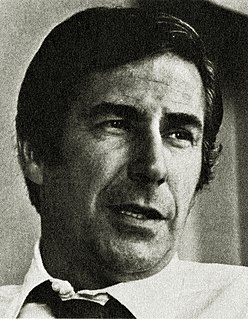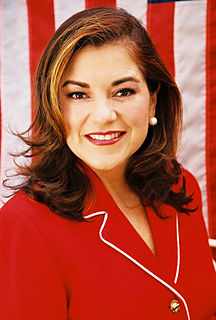A Quote by Tulsi Gabbard
While in the Middle East, I saw how quickly religious sectarianism and bigotry can lead to the disintegration of a country - how leaders manipulate people to fear others who are different, who look different, or who have different beliefs.
Related Quotes
In my platoon, we came from different parts of the country, with different backgrounds, different religious beliefs, different political beliefs—and yet we all put those differences aside. Fundamentally, I believe that’s what the American people expect of Congress as well. We all ought to be able to come together in Washington and do what’s best for our America.
We have become a nation ruled by fear. Since the end of the Second World War, various political leaders have fostered fear in the American people--fear of communism, fear of terrorism, fear of immigrants, fear of people based on race and religion, fear of gays and lesbians in love who just want to get married and fear of people who are somehow different. It is fear that allows political leaders to manipulate us all and distort our national priorities.
I saw how different life was on different sides of the same city. I saw the fear in the eyes of people who were not free. I saw the gratitude of people toward the United States for all that we had done. I felt goosebumps as I got off a military train and heard the Army band strike up 'Stars and Stripes Forever.'
We are all different human beings, and we all have different backgrounds, and we stem from different social strata. That is what defines how you hear people talk, how you want to quote them when you speak. We all have different fears and doubts and complexes and this is what shapes the way we see other people. Especially characters.
Someone might say about a person, "Oh, they are a 'Westerner." But who are Westerners? Greek, Bulgarian, German, English, Scandinavian, Spanish, American, Latin. All different nations, all different people. Different individuals live in the West. There's no such thing as "West" just as there's no such things as "East." What is "East?" Turkey, Iran, China, India, Japan. They are all different. They are all unique.
We had a chance to see a lot of different styles of play and you had to adapt to the different style each team plays. That?s going to help us come tournament time because the game in the Pac-10 is different from the Big East and we know how to adapt to the different styles. I?m glad I had that opportunity.

































